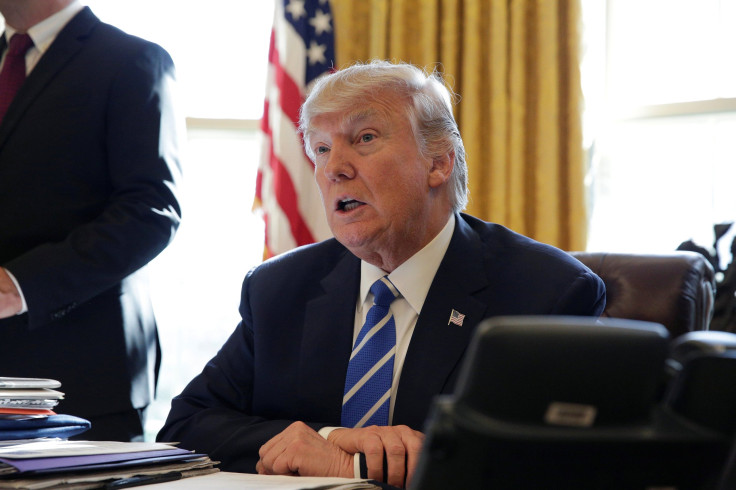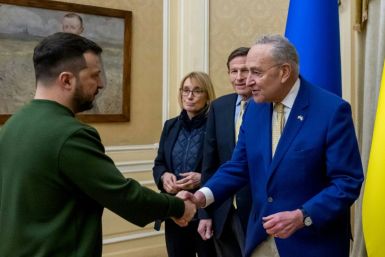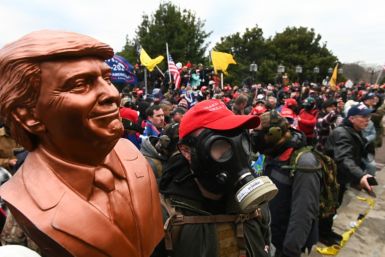Donald Trump security advisor Michael Flynn criticised for talks with Russia

A senior White House official has denied answering whether US President Donald Trump will defend national security advisor Michael Flynn. This comes in the wake of reports claiming Flynn had conversations with a Russian diplomat before Trump was inaugurated as the US president.
On Friday, Trump refused to answer directly whether he supports Flynn, saying he would be looking into the claims concerning the national security advisor’s associations with Russia. Nevertheless, Trump has maintained that he has confidence in Flynn and that he wanted to “keep moving forward.”
On Dec. 29, Flynn had a conversation with Russian ambassador Sergey Kislyak. Although Flynn initially refused discussing the issue of sanctions with the Russian official, he has now admitted that he did. The contradiction in his claims, along with those made by US Vice President Mike Pence, was first reported by the Washington Post. Flynn also conceded that he made several calls to the Russian ambassador.
Senior policy advisor Stephen Miller said he could not answer regarding Trump’s confidence in Flynn. "It's not for me to tell you what's in the President's mind," Miller said.
New Jersey Governor Chris Christie said Flynn would need to offer clarification on his contradicting statements regarding his conversations with Kislyak. "General Flynn has said up to this point that he had not said anything like that to the Russian ambassador. I think now he's saying that he doesn't remember whether he did or not," Christie said, speaking with CNN. Christie had headed Trump’s transition planning prior to the US presidential election.
Meanwhile, the White House has said it will be issuing a new immigration order. This comes after Trump’s travel ban was voted against by a federal judge and a three-judge panel. “Right now we are considering and pursuing all options,” Miller said, speaking with FOX Television.
Trump’s travel ban stemmed from an executive order he had signed on Jan. 27. As part of the order, citizens from seven Muslim-majority countries were denied entry in the United States. Refugees from all countries were not allowed entry for 120 days, while citizens from Syria were banned indefinitely.
“It's a political decision," Trump said, speaking with reporters. “This is just a decision that came down, but we're going to win the case.”
The White House could either issue a new order or file an emergency appeal to the Supreme Court. “The president’s powers here are beyond question,” Miller said. “We are contemplating new and additional actions to ensure that immigration is not a vehicle for admitting people into our country that are hostile to its nation and its values.”






